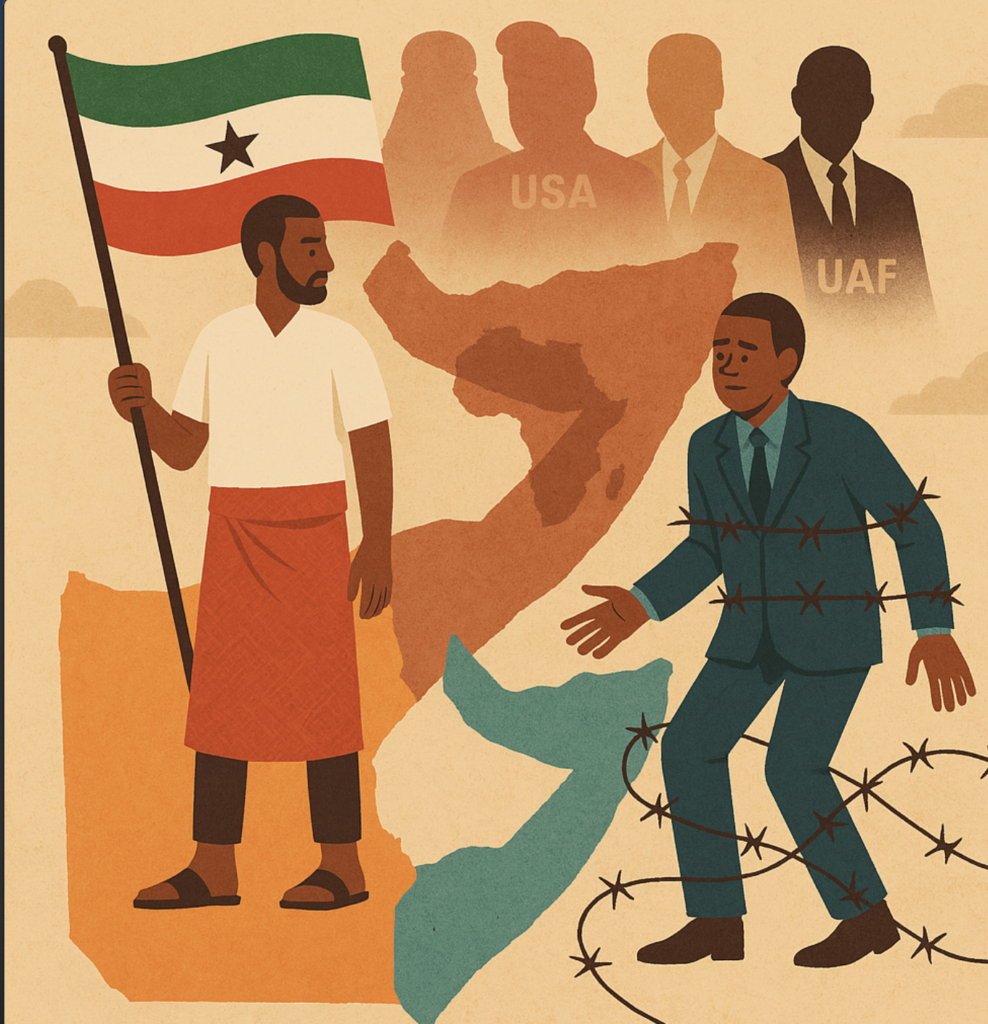For the past three decades, Somalia has grappled with the absence of law and order, plunging its population into a state of chaos and uncertainty. In a society where power often dictated the rules, the concept of discipline and adherence to the law seemed like a distant dream. However, in recent years, Somalia has embarked on a journey towards rebuilding its social fabric and establishing a society based on principles of discipline and respect for the rule of law.
A fundamental step in building a disciplined society is the establishment of robust institutions that uphold the rule of law. In Somalia, this meant rebuilding governmental structures and legal frameworks that had been dismantled during years of conflict. Through the creation of institutions such as the police force, judiciary, and legislative bodies, Somalia laid the foundation for a society governed by law rather than by force.
Central to fostering discipline within society is the promotion of accountability at all levels. This includes holding individuals, including those in positions of power, accountable for their actions. In Somalia, efforts to combat corruption and promote transparency have been critical in instilling a sense of accountability among the population and building trust in the government’s ability to enforce the law.
Education plays a vital role in shaping the values and behaviors of a society. In Somalia, efforts to promote civic education and raise awareness about the importance of law and order have been instrumental in fostering a culture of discipline. By teaching citizens about their rights and responsibilities, as well as the consequences of breaking the law, Somalia has empowered its population to become active participants in the building of a law-abiding society.
Infrastructure development is another key aspect of building a disciplined society. Access to basic services such as education, healthcare, and transportation not only improves quality of life but also contributes to social stability. In Somalia, investments in infrastructure have helped to create a sense of stability and security, laying the groundwork for further progress towards a disciplined society.
Building a disciplined society requires the active participation of all members of the community.
In Somalia, community engagement initiatives, such as neighborhood watch programs and youth outreach activities, have been vital in promoting a sense of ownership and responsibility among the population. By working together to address common challenges and uphold shared values, communities play a crucial role in maintaining law and order.
The journey towards building a disciplined and law-abiding society is not easy, nor is it without its challenges. However, Somalia’s experience serves as a testament to the resilience of its people and the power of collective action. Through the establishment of institutions, promotion of accountability, investment in education and infrastructure, and fostering of community engagement, Somalia has made significant strides towards realizing its vision of a society governed by law and order. As the country continues on this path, it offers valuable lessons for other nations facing similar challenges, demonstrating that with determination and perseverance, even the most tumultuous of societies can rebuild and thrive.





